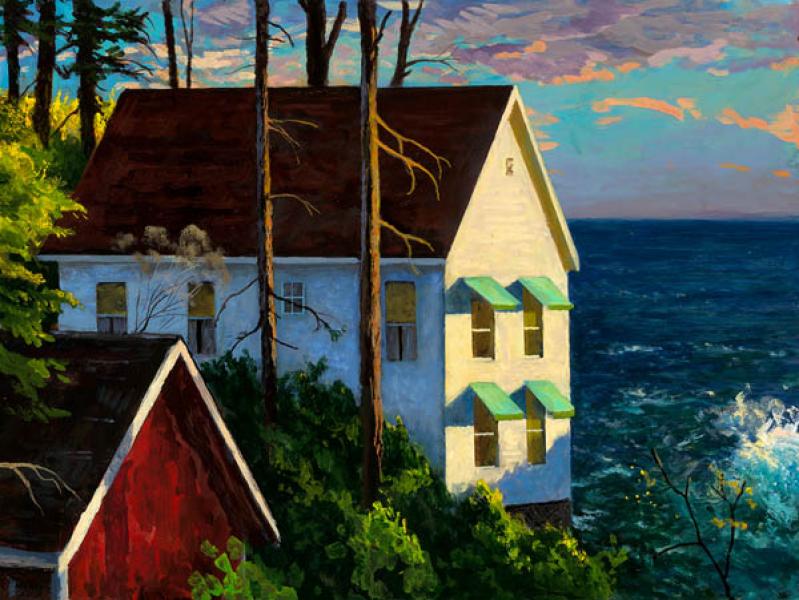
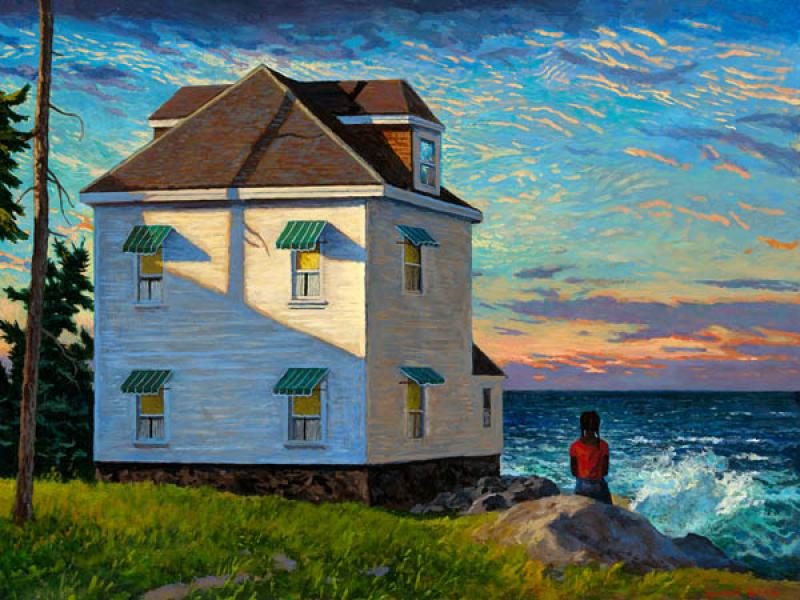
lr__large-1.jpg)
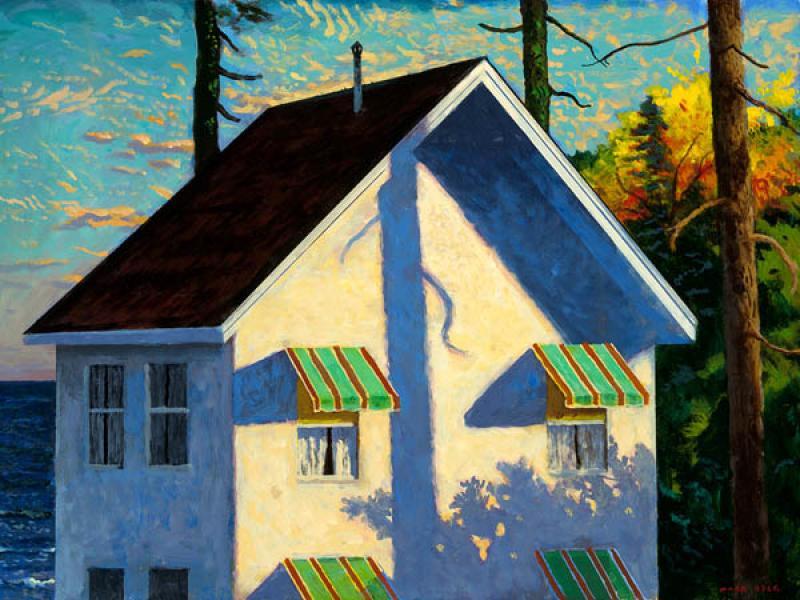
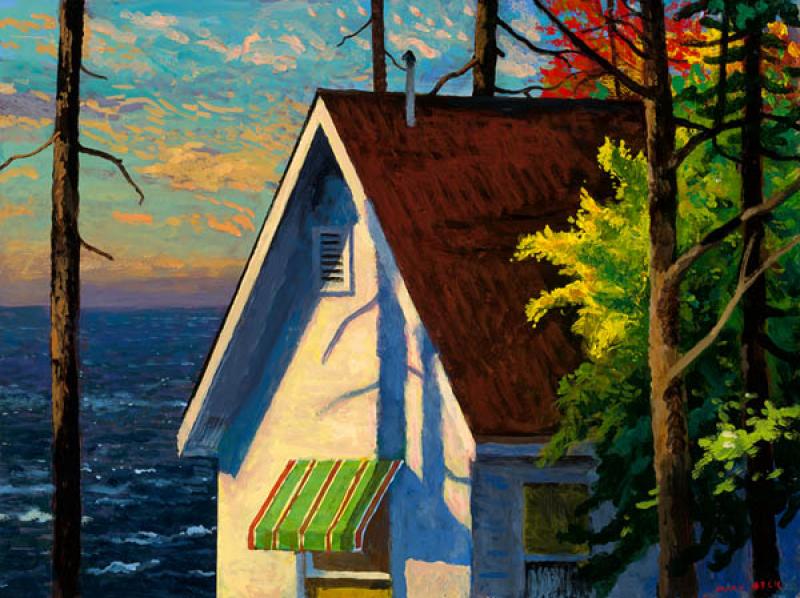
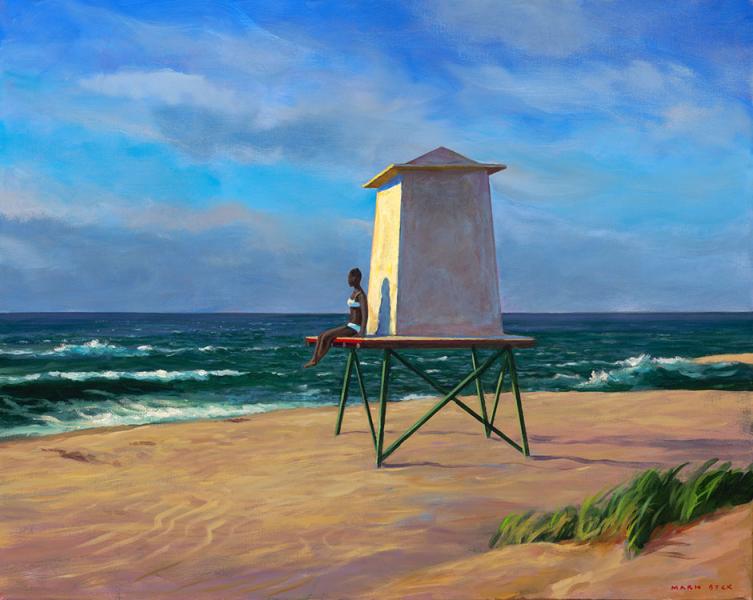
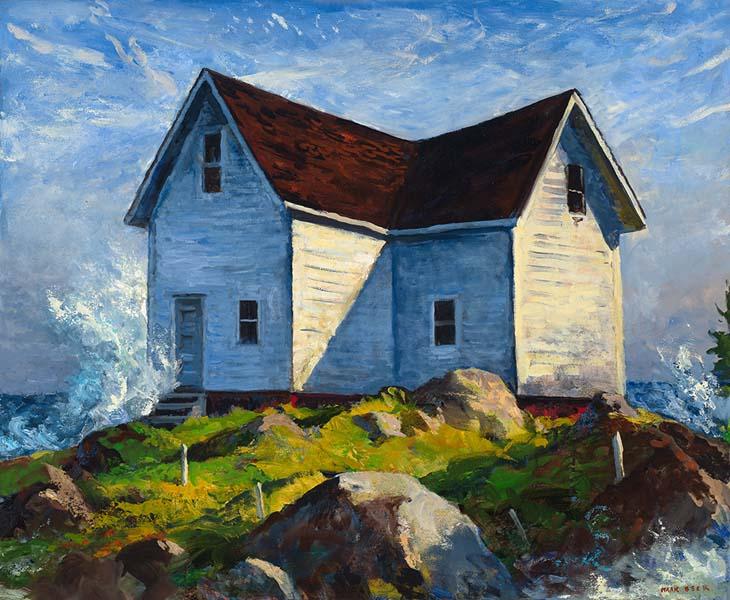
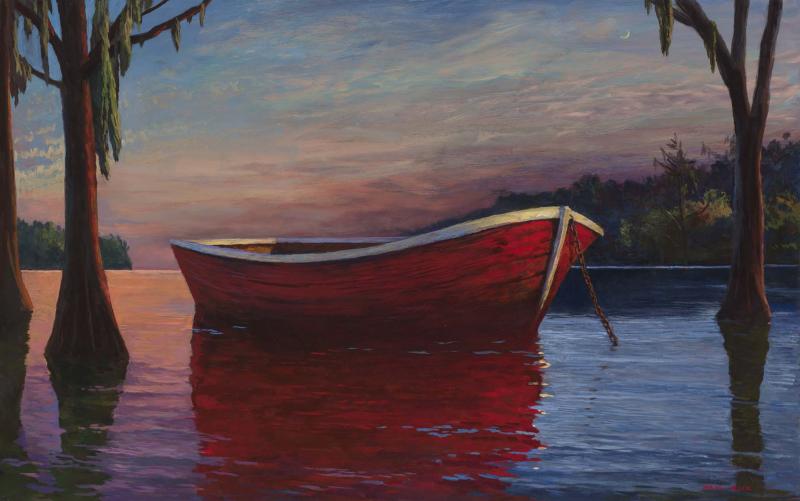
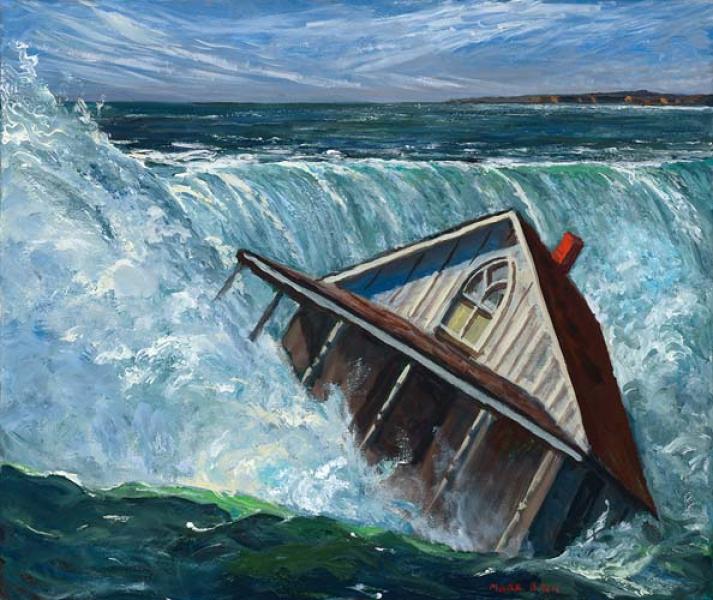
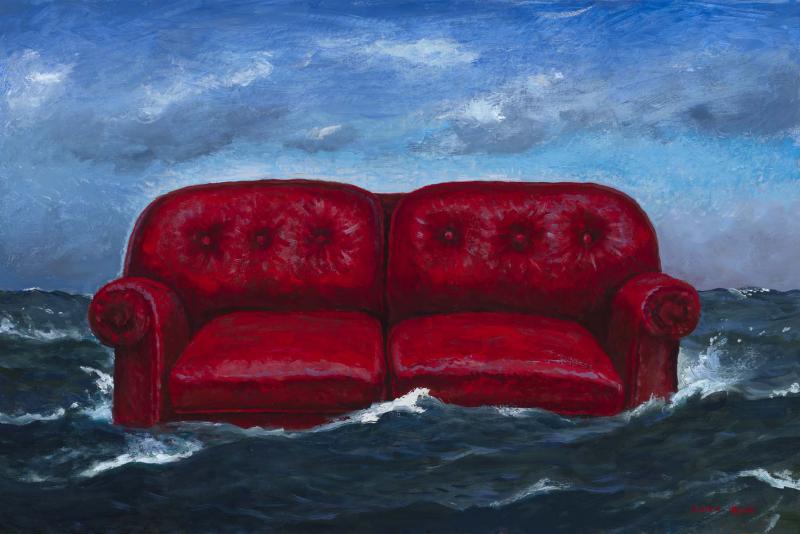
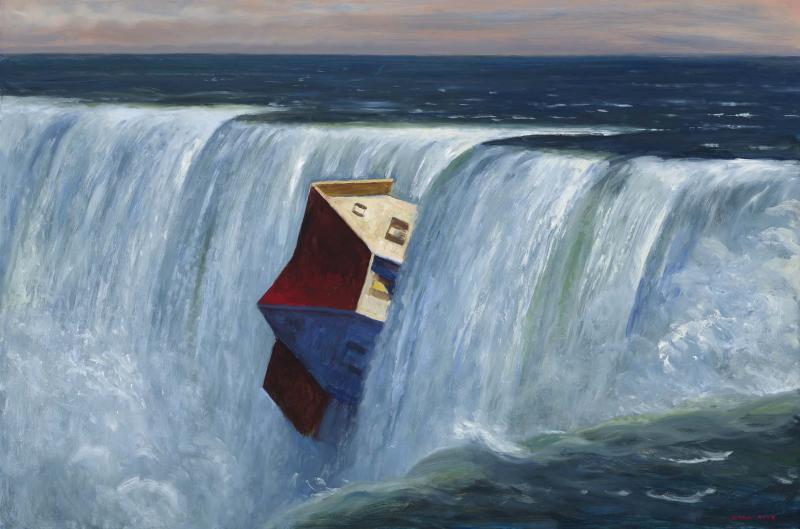
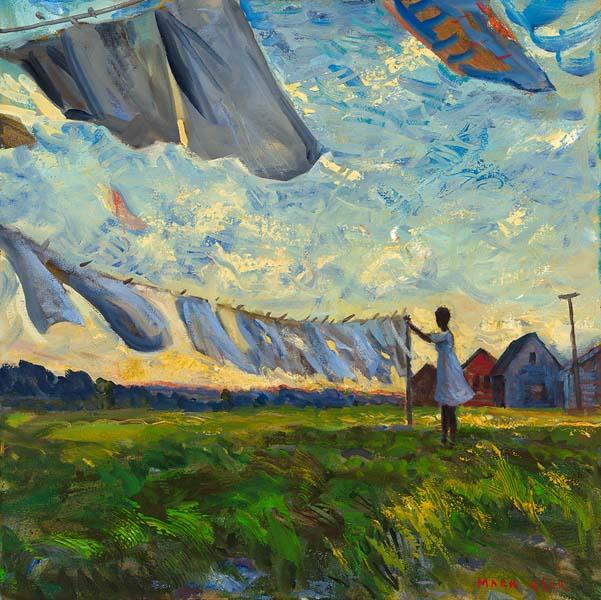
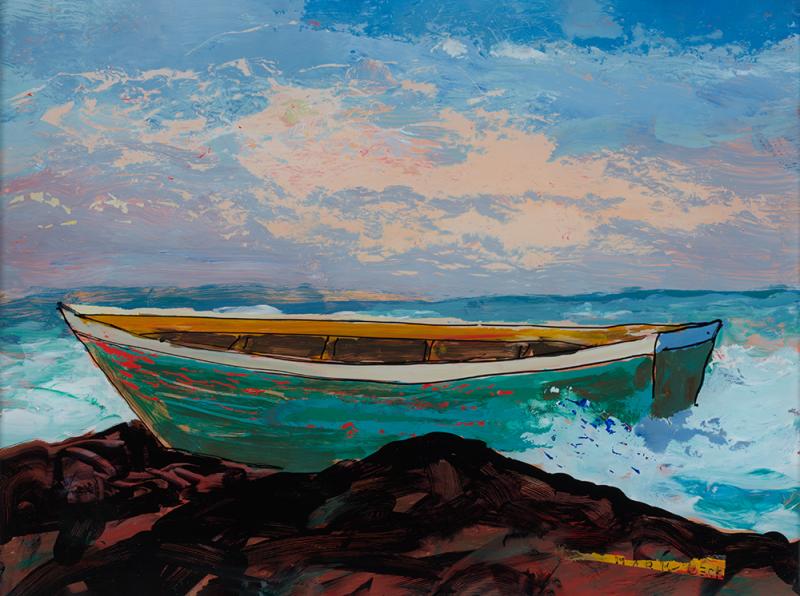
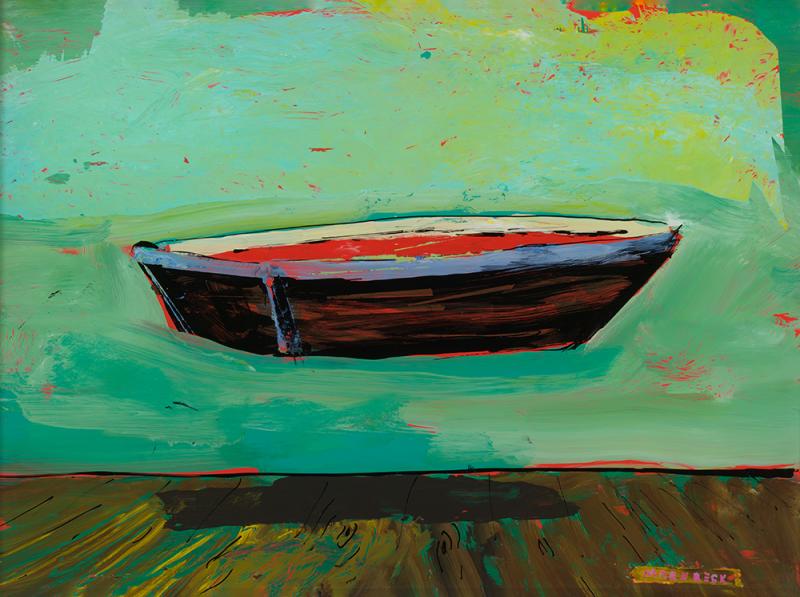
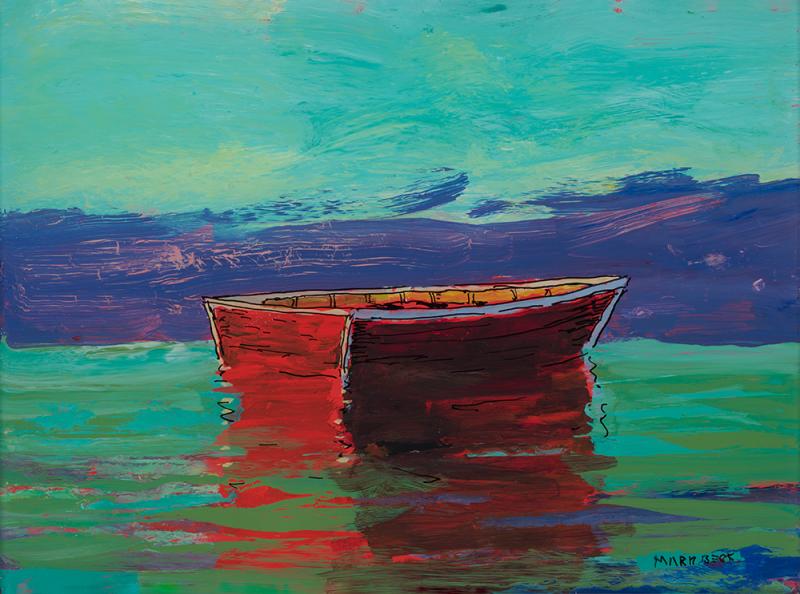
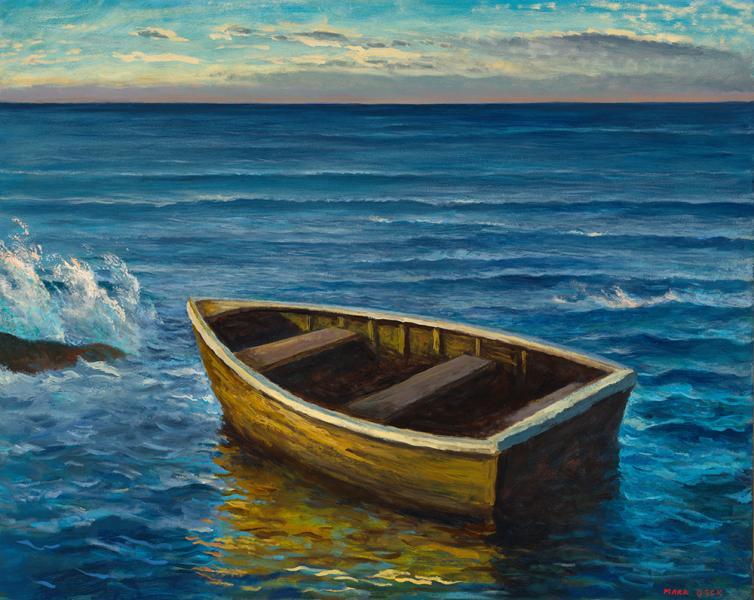
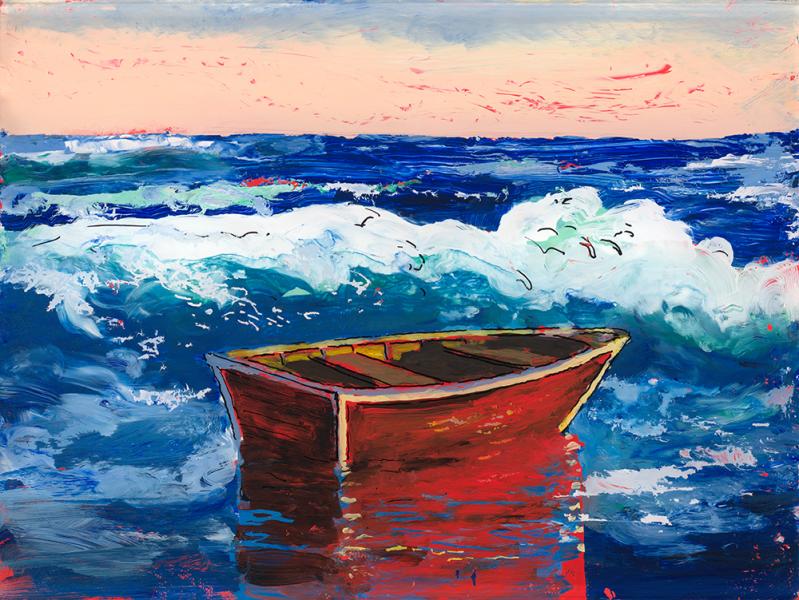
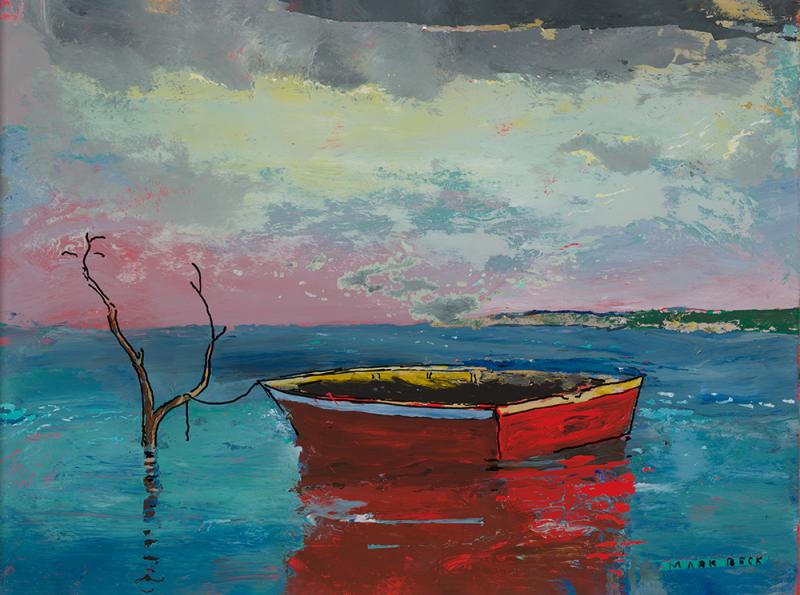
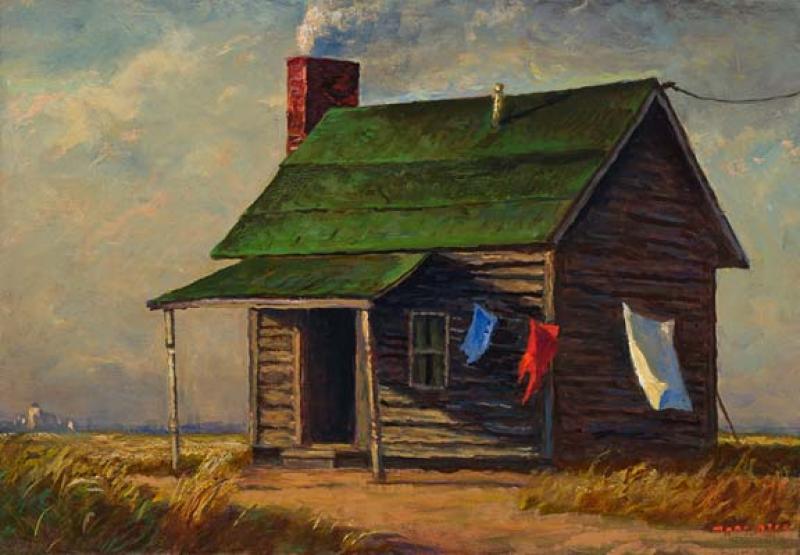
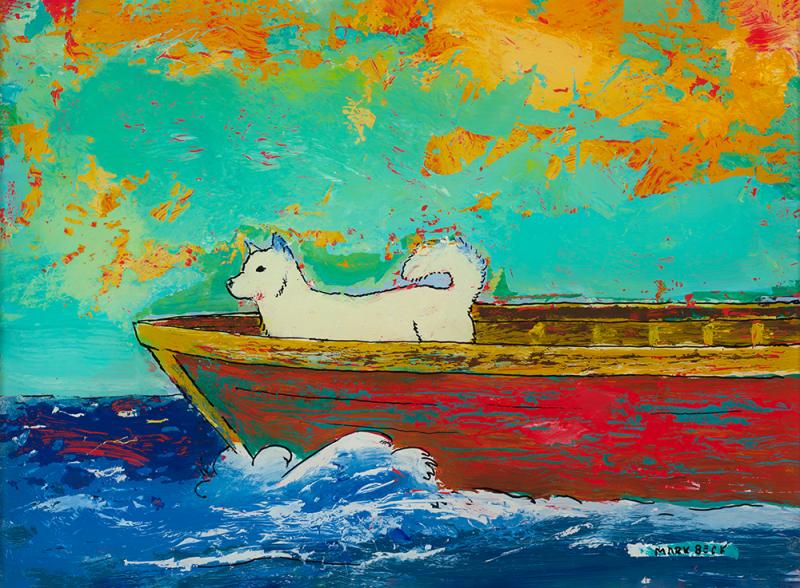

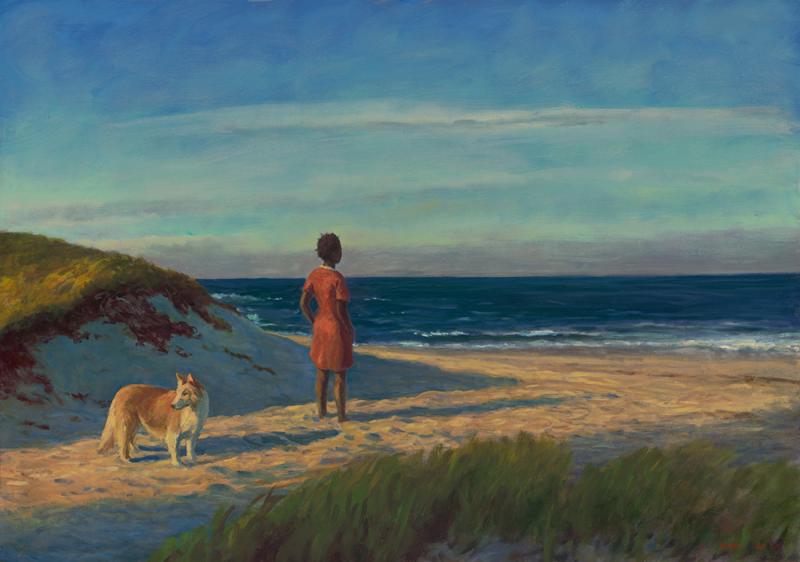
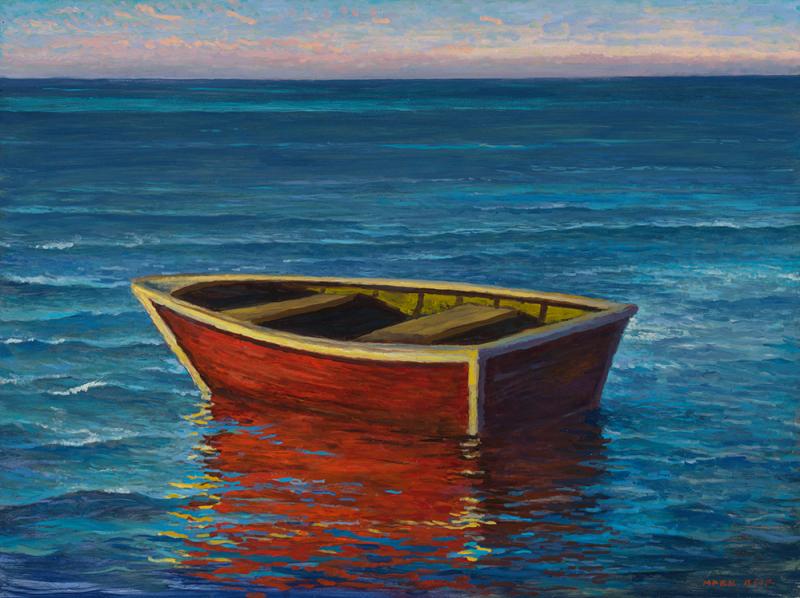
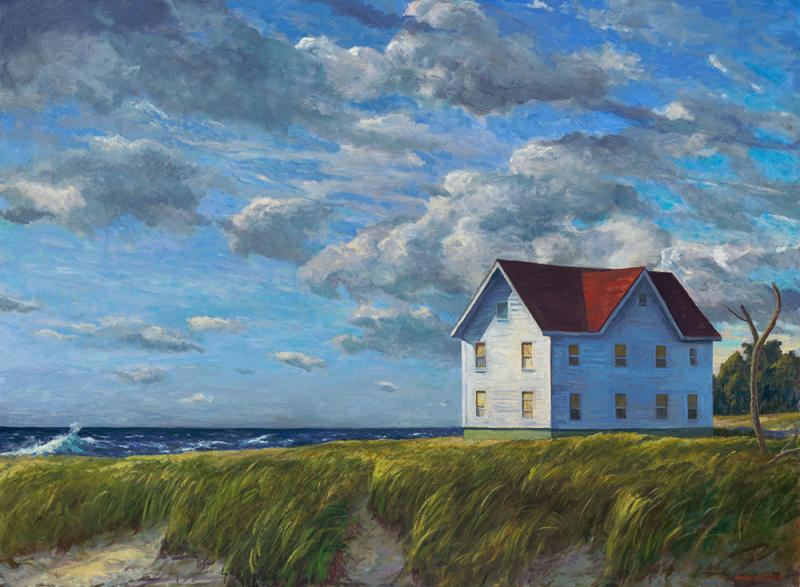
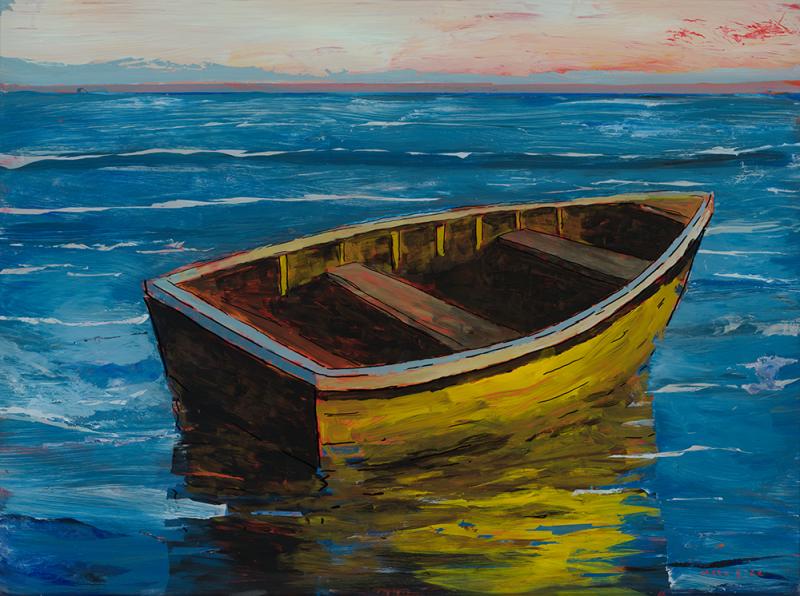
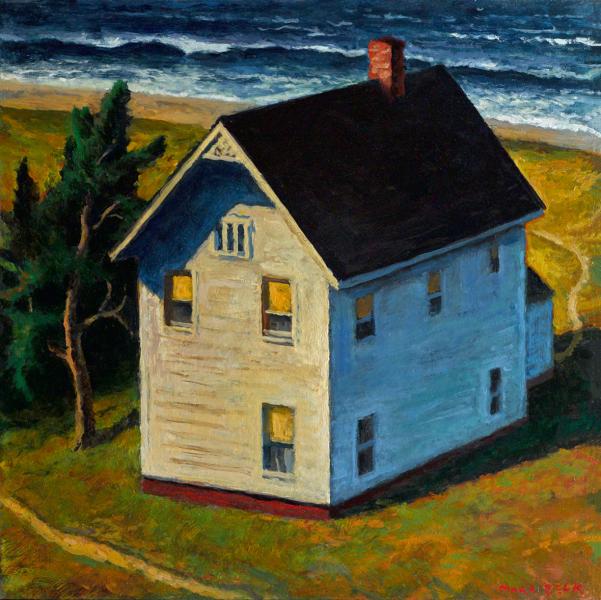
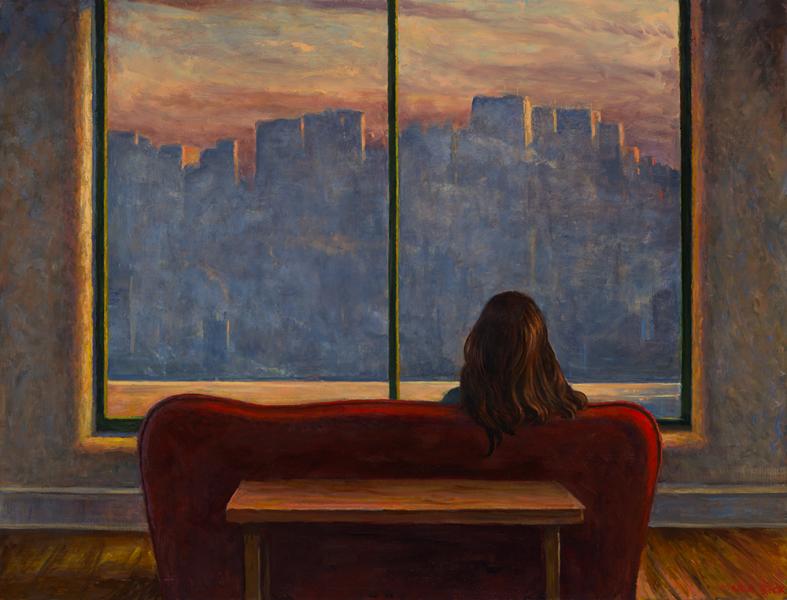
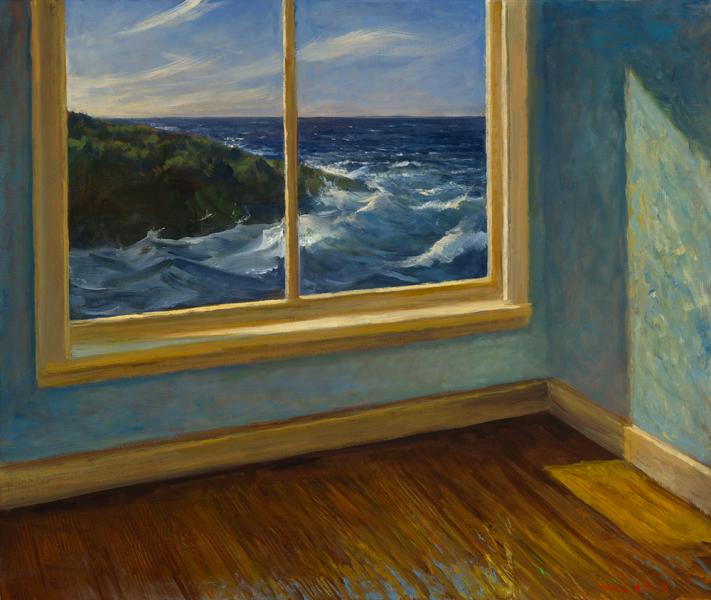
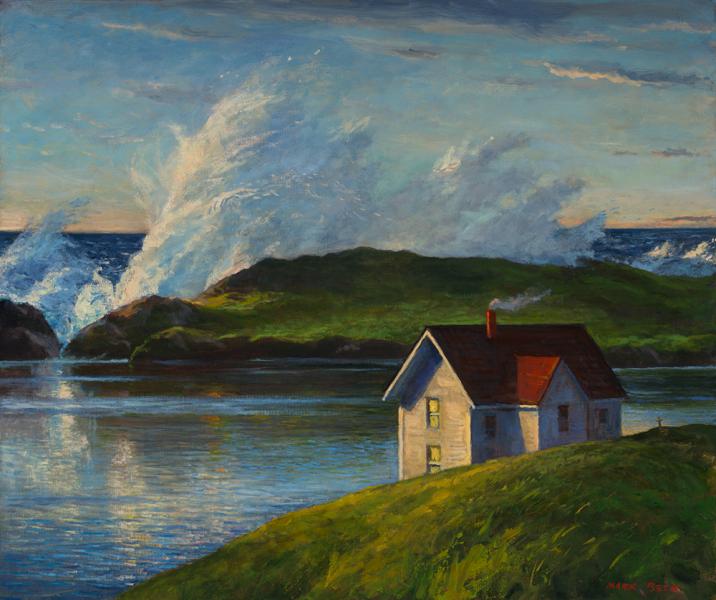
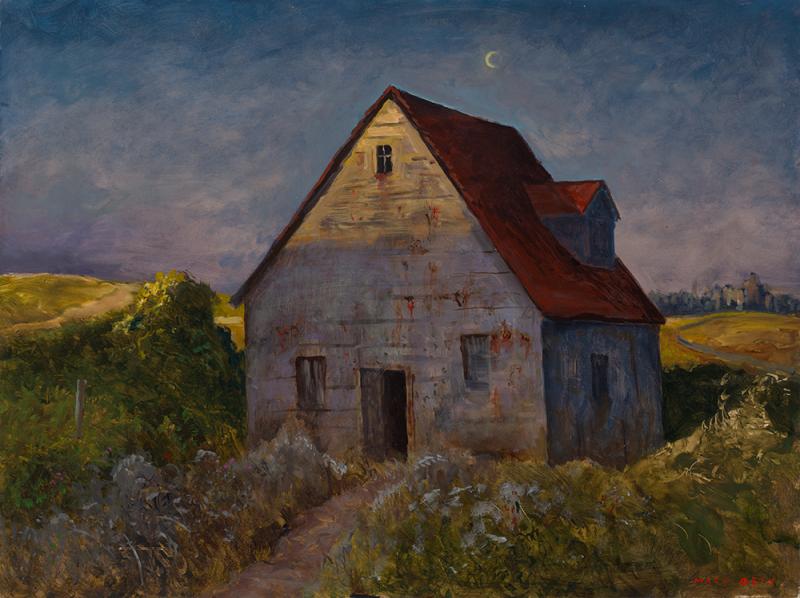
lr__large-1.jpg)
"My paintings reveal my personal experiences and ideas on being an American. Images of homes, buildings, the ocean and landscapes, are my starting point. At a very early age I was drawn to paint and I developed a strong interest in the Hudson River School of painters from the nineteenth-century. Growing up in a suburban California neighborhood, my parents indulged my interest in art and I benefited from our proximity to many museums in the Bay Area. Weekends were spent viewing my favorite paintings; I was particularly drawn to Frederic Church’s “Heart of the Andes” at the De Young Museum in San Francisco and Thomas Hill’s “Yosemite Valley” at the Oakland Museum. As a teenager, I would often ride my motorcycle fifty miles to study them on a Friday afternoon after school. What impressed me most was the illuminating beauty of these paintings and I desperately wanted to learn how to paint well. At that time, I made a serious commitment to painting and have never looked back. I’ve been fortunate to make my living solely as an artist for more than thirty years.
The beauty of the Hudson River School has never left me. Beauty is important to me, both in the materials I carefully choose and my methods in applying paint. The subject matter in my work will continue to develop from my urge to reconcile the schism between the lush, radiant images of Manifest Destiny and the more sober visions of American life as presented by work from Edward Hopper, Ben Shahn and many others who continue to inspire me. As I gain experience over the years, I will focus my work on this: introducing pared down images and odd juxtapositions of American beauty, tragedy and culture."
Born in Las Cruces, New Mexico, Beck studied at the Portland School of Art in Maine. For four years Beck worked teaching inmates to paint at the maximum security prison The California Men’s Colony in San Luis Obispo. “I’ve always credited that experience with being a continuing and fascinating source of inspiration for my paintings,” said Beck. “Many aspects of the prison system and the people incarcerated there can teach us a lot about our life here in America.”